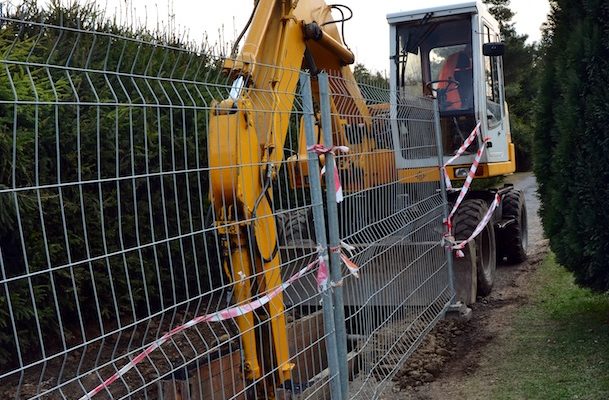The violations impacted more than 1,000 workers at projects in Los Angeles and Orange counties
By KEVIN SMITH PUBLISHED: February 11, 2019 at 5:11 pm
A City of Industry construction firm has been fined nearly $12 million in what state regulators are calling the biggest wage theft violation ever by a private company in California.
The state Labor Commissioner’s Office announced Monday, Feb. 11 that it cited RDV Construction Inc. for violations that left more than a thousand workers waiting weeks or months to be paid, only to receive a portion of what they were owed.
The company hired crews to provide framing, drywall and other trade work for hotels, apartments and mixed-use buildings around Southern California.
A litany of violations
Investigators determined that between 2014 and 2017, RDV employed more than 1,000 workers at 35 construction sites scattered primarily throughout Los Angeles and Orange counties and typically worked its crews nine hours a day without proper rest breaks or overtime pay.
The company “habitually and illegally” withheld up to 25 percent of the wages workers earned, investigators said, and during a 21-month period, they were paid with checks that bounced due to insufficient funds.
RDV projects have included the Crown Apartments complex in West Hollywood and Boardwalk by Windsor, an upscale apartment community in Huntington Beach, among others.
…
“Dodging labor laws and stealing wages hurts workers and creates unfair conditions for law-abiding employers,” California Labor Secretary Julie A. Su said in a statement. “Stealing earned wages from workers’ pockets is illegal in California and this case shows that employers who steal from their workers will end up paying for it in the end.”
The citations total $11,943,054 payable to workers in unpaid wages and premiums…










